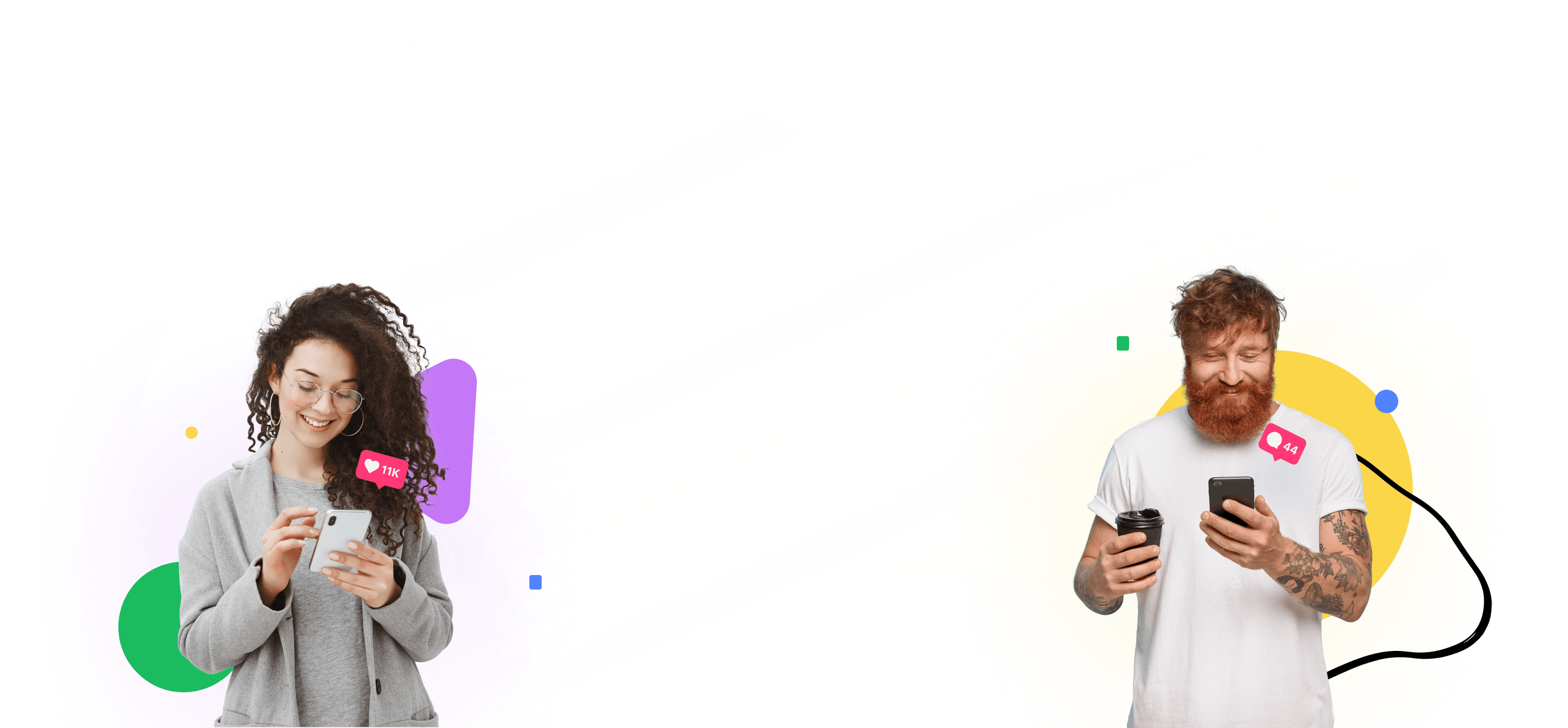In today's competitive market, understanding consumer behavior is crucial for creating effective marketing strategies. Artificial Intelligence (AI) is revolutionizing the way businesses gain insights into their customers, enabling them to make data-driven decisions and tailor their offerings to meet consumer needs. Here’s how AI is unlocking the secrets of consumer behavior:
Comprehensive Data Analysis
AI excels at analyzing vast amounts of data quickly and accurately. Traditional methods of data analysis are often time-consuming and prone to errors, but AI can process large datasets from various sources in real-time. This capability allows businesses to gain a comprehensive understanding of consumer behavior.
For example, AI can analyze data from social media, purchase histories, website interactions, and customer feedback to identify patterns and trends. This holistic view helps marketers understand what drives consumer decisions, preferences, and behaviors, leading to more effective marketing strategies.

Predictive Analytics
AI's predictive analytics tools can forecast future consumer behaviors based on historical data. By identifying patterns and trends, AI can predict what products consumers are likely to purchase, when they are most likely to buy, and what factors influence their decisions.
Retailers can use predictive analytics to stock their inventory with products that are expected to be in high demand, optimize pricing strategies, and plan marketing campaigns that align with consumer buying cycles. This proactive approach helps businesses stay ahead of market trends and meet consumer needs more effectively.
Customer Segmentation
AI allows for advanced customer segmentation by identifying distinct groups within a broader audience based on specific behaviors and characteristics. Traditional segmentation methods, which rely on basic demographic data, are less effective than AI-driven segmentation, which considers multiple variables.
For instance, AI can segment customers based on their browsing behavior, purchase history, social media interactions, and even psychographic data such as values and lifestyle. This granular segmentation enables marketers to create highly targeted campaigns that resonate with each specific group, improving engagement and conversion rates.
Sentiment Analysis
AI-powered sentiment analysis tools can interpret consumer emotions by analyzing text data from social media posts, reviews, and other user-generated content. Understanding how consumers feel about a brand, product, or service provides valuable insights that can inform marketing strategies.
For example, if sentiment analysis reveals that customers are frustrated with a particular product feature, a company can address this issue promptly and communicate improvements to its audience. Conversely, positive sentiment can highlight what customers love about a product, helping to reinforce those aspects in marketing messages.
Customer Journey Mapping
AI can track and analyze every touchpoint in a customer's journey, from initial awareness to post-purchase interactions. This detailed mapping allows businesses to understand how consumers move through the sales funnel and identify opportunities for optimization.
By analyzing customer journeys, AI can pinpoint where customers drop off, which touchpoints are most influential, and what factors lead to successful conversions. This information helps marketers refine their strategies to provide a seamless and satisfying customer experience.
Personalized Recommendations
AI can analyze individual customer data to provide personalized recommendations, enhancing the shopping experience and increasing sales. By understanding consumer preferences and behavior, AI can suggest products, content, or services that are most relevant to each customer.
For instance, e-commerce platforms use AI to recommend products based on previous purchases and browsing history. Streaming services like Netflix use AI to suggest shows and movies tailored to a user's viewing habits. This level of personalization makes customers feel valued and understood, fostering loyalty and repeat business.
Behavioral Targeting
AI enables more precise behavioral targeting by analyzing how consumers interact with online content and ads. By understanding these behaviors, AI can deliver targeted ads that are more likely to resonate with specific audience segments.
For example, AI can analyze which types of content users engage with on social media and use this information to target similar users with relevant ads. This targeted approach increases the effectiveness of ad campaigns, driving higher engagement and conversion rates.

Enhanced Customer Feedback
AI can analyze customer feedback from multiple sources, including surveys, reviews, and social media comments, to gain deeper insights into consumer opinions and preferences. This analysis helps businesses understand what customers like and dislike, enabling them to make data-driven improvements.
For example, AI can aggregate and analyze product reviews to identify common themes and sentiments. If many customers mention a specific issue, the company can prioritize addressing it. Positive feedback can be leveraged in marketing campaigns to highlight strengths and build brand reputation.
FAQ
Q: How can small businesses use AI to gain customer insights? A: Small businesses can use AI tools to analyze customer data, segment audiences, and understand consumer behavior without the need for large data teams. Affordable AI solutions are available that cater to businesses of all sizes, making it easier for small businesses to implement AI-driven insights.
Q: Is AI-driven customer insight analysis suitable for all industries? A: Yes, AI-driven customer insight analysis can benefit various industries, including retail, finance, healthcare, hospitality, and more. Any industry that relies on understanding consumer behavior to improve products, services, and marketing strategies can leverage AI.
Q: What are the challenges of implementing AI for customer insights? A: Common challenges include data integration from multiple sources, ensuring data quality, selecting the right AI tools, and maintaining data privacy and security. It's also important to have skilled personnel who can interpret AI insights and apply them effectively in business strategies.
Q: How does AI ensure data privacy in customer insight analysis? A: AI systems must comply with data privacy regulations like GDPR and CCPA. Marketers should work with AI providers that prioritize data security and use techniques such as anonymization and encryption to protect customer information. Transparency with customers about data usage is also crucial.
Q: What skills are needed to work with AI in gaining customer insights? A: Marketers should have a basic understanding of AI concepts and data analytics. Skills in digital marketing, customer behavior analysis, and data interpretation are also important. Continuous learning and staying updated on AI advancements will be beneficial.
AI is unlocking the secrets of consumer behavior by providing deep insights that drive more effective marketing strategies. By leveraging AI-powered customer insights, businesses can better understand their customers, create personalized experiences, and ultimately achieve greater success in the marketplace.



